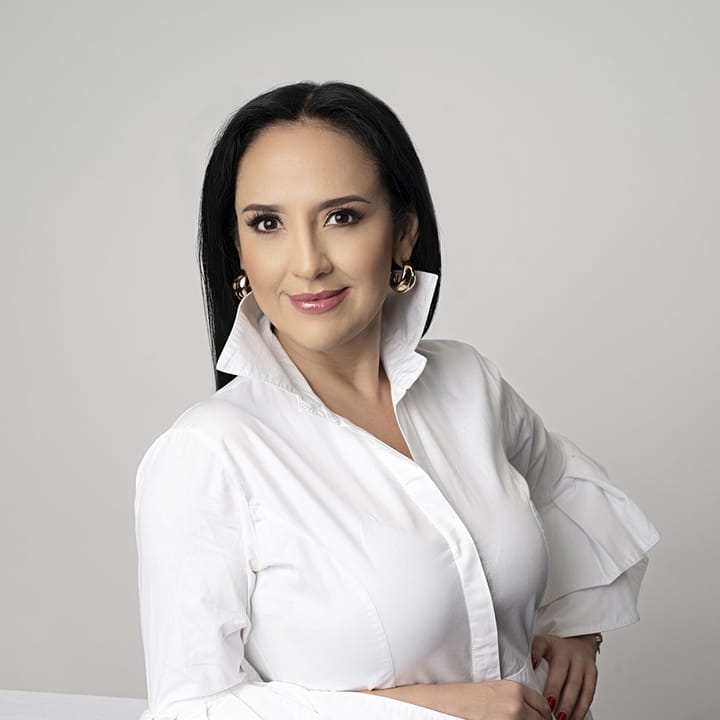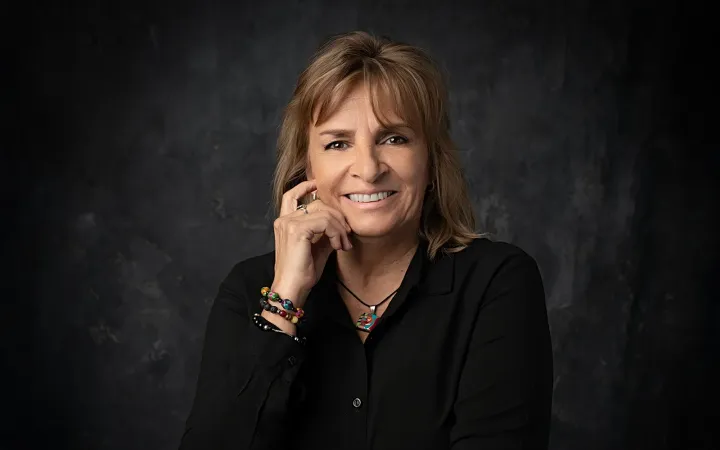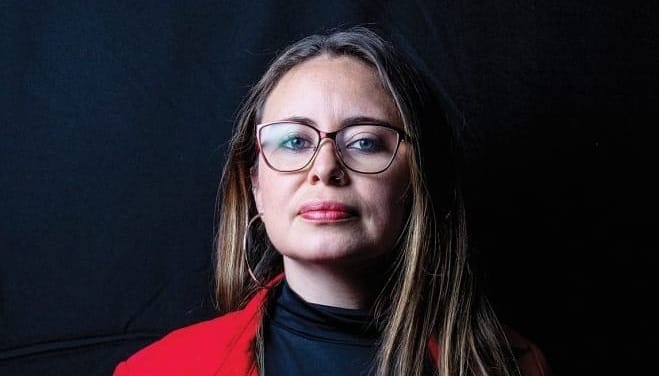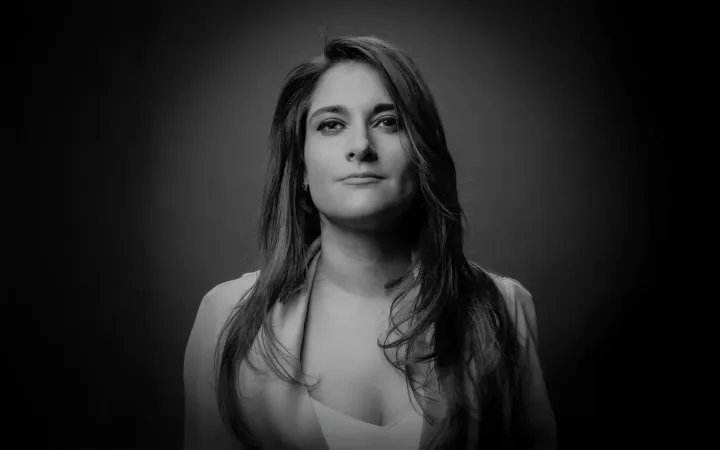Por Juana Ramírez
De madre puertorriqueña y padre ecuatoriano -parte de los más de 60 millones de latinos que viven en los Estados Unidos-, la pequeña Sarah a sus 14 años ya trabajaba por las tardes en una farmacia en New Jersey, y la experiencia de vivir de cerca los problemas para acceder a atención médica y medicinas, especialmente de la comunidad hispana, la marcaría desde entonces. Más tarde, mientras estudiaba Ciencias Biológicas, se unió como voluntaria del programa de niños VIH positivos de un Hospital Universitario en New Brunswick, y allí su propósito de vida tomó forma.
Entretanto, en la Patagonia, el extremo sur del continente, una niña crecía en un hogar inusual: un padre oncólogo y una madre abogada, tres hermanas y dos hermanos. Una casa donde los hombres eran minoría y las tareas se distribuían equitativamente. Una madre que no estaba siempre en casa, porque trabajaba sin recibir reclamos de nadie. Ella veía a su padre como a un gigante, no solo por su gran estatura, también porque era frecuente que las personas lo saludaran por la calle, muchos incluso agradeciéndole por salvarles la vida; y aunque sí le pasó por la cabeza hacerse doctora, eligió estudiar Contaduría Pública en Buenos Aires mientras trabajaba como analista contable en una empresa de comercio exterior. Ella no sabía entonces que la salud la encontraría irremediablemente, aunque hubiese decidido no entrar a la Facultad de Medicina.




